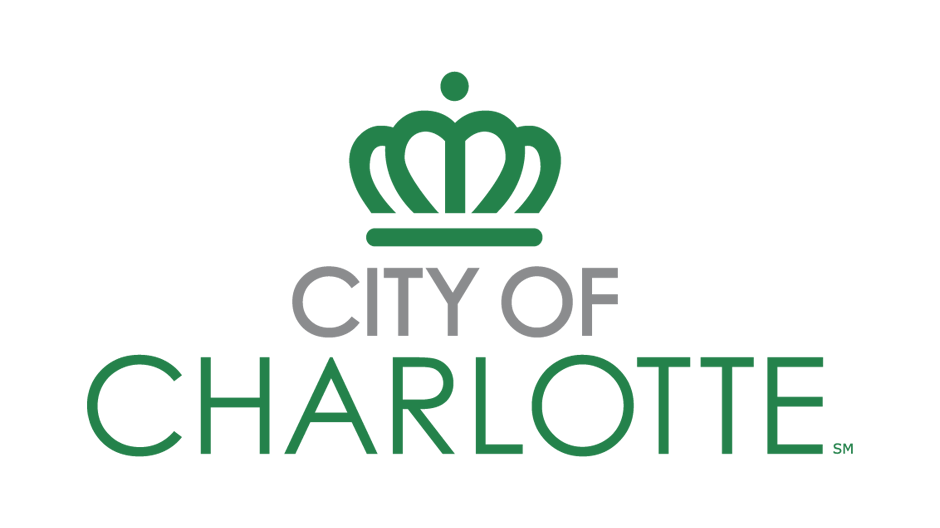In recent weeks, President Joe Biden unveiled two momentous plans that are part of his "Build Back Better" agenda. The American Jobs Plan and the American Families Plan are designed with important goals in mind, but the proposals come with significant costs that could result in consequential tax changes and have a tremendous impact on the commercial real estate industry.
We’re at the beginning of the legislative process for these proposals, and there are months of negotiations ahead of us. As a leader in your chapter, we wanted to ensure you are aware of the issues and how NAIOP will be involved throughout the process.
NAIOP’s team on Capitol Hill will be working with Congress to help preserve existing tax treatments that have supported a healthy and vibrant commercial real estate industry so that we can continue to be a leading contributor to U.S. GDP, create valuable jobs, and build communities.
The following are the major tax proposals in the plans:






